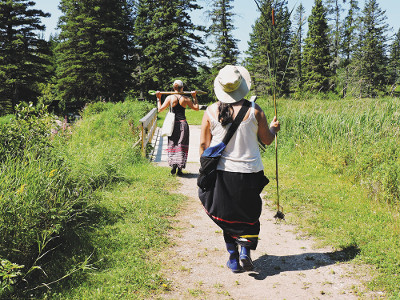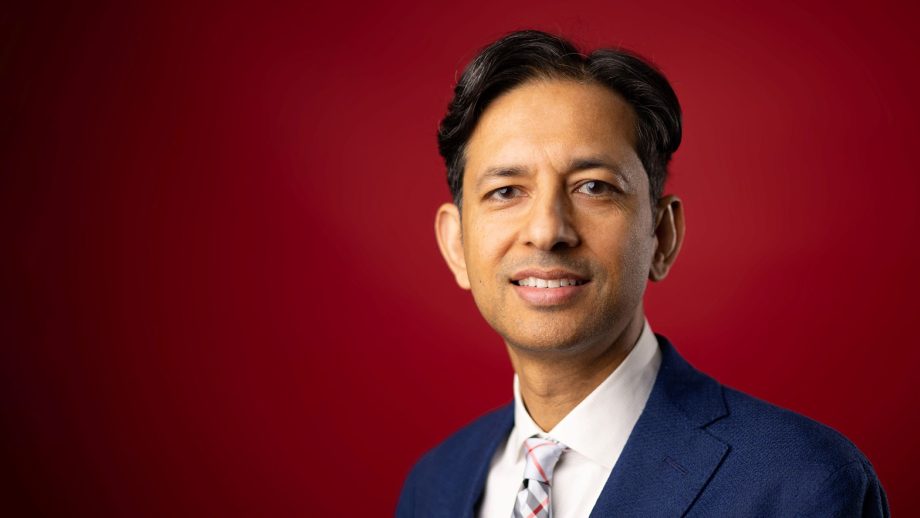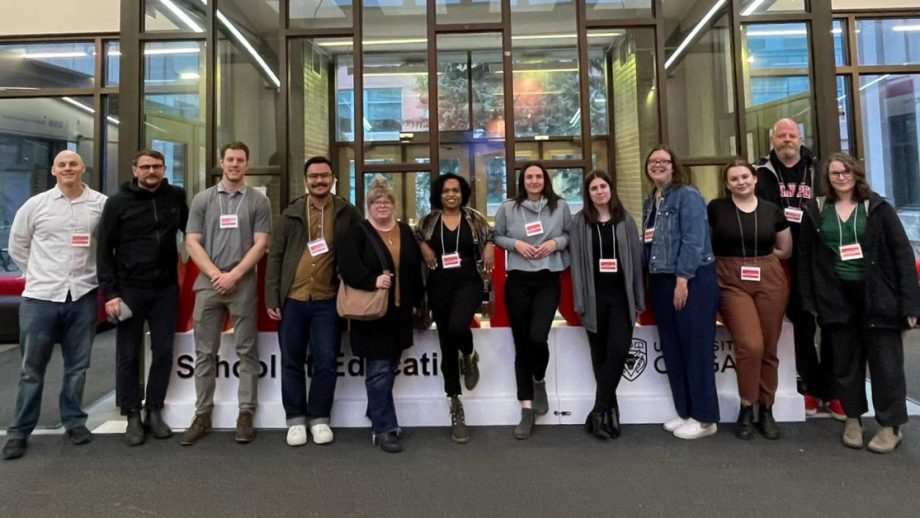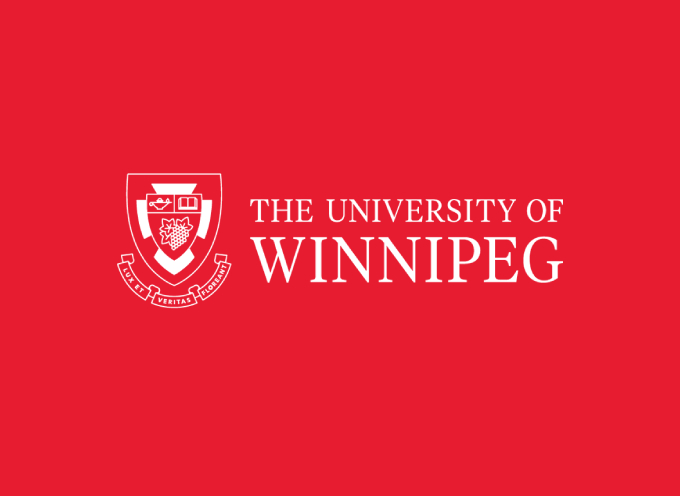Originally published in the Spring 2016 UWinnipeg Magazine
Students who enjoy hands-on learning outside the classroom have two unique field courses on offer in May and July. For the first time, Dr. Shailesh Shukla, Assistant Professor, Department of Indigenous Studies, is offering Indigenous Food Systems, in collaboration with outdoor educators on-site at Fisher River First Nation.
Through lectures and field work, students will learn about Indigenous foods and food practices, such as fire building, constructing a cook shelter, cooking goose over open fire, Elders’ teachings on the importance of wild and Indigenous foods, and wild food recipes. Other activities include home gardening; harvesting wild plants, vegetables, and berries; and fishing.
Shukla says the main goal is for students to be immersed in an experience that deeply connects them to Indigenous culture. “For me, Indigenization is about building long-term relationships that allow for grassroots collaborations. This creates bridges between the community and the academy.”

In the field at Keeseekowenin
First Nations / Photo: Charlene Moore
The Indigenous Food Systems course grew from work Shukla and his students completed last year. They interviewed seventeen Elders and developed a cookbook entitled The Forgotten Traditional Foods of Fisher River. It is currently being translated into Cree and will be released in the coming months.
In July, for the third year, Shukla will also take students to Keeseekowenin First Nation, near Riding Mountain National Park, for a field course in Ethnobotany. In partnership with Indigenous Elders, students are exposed to 50 different varieties of plants and their medicinal and nutritional properties. Donna Kurt, who is studying for her degree in biology, found the field course invaluable. “The reverence and connection the Elders have with the plants deeply impacted me and improved my connection with other species,” she says. “I also learned how to interview and collect information by interacting directly with Indigenous Elders.”
Originally from India, Shukla now has a deeply personal connection to Canadian Indigenous culture. At last year’s summer field course, he was honoured in a special naming ceremony at the Medicine Eagle Lodge by Elder Stella Blackbird from Keeseekoowenin First Nation. He was given the spirit name Waabishkaa Ma’iingan (White Wolf), Makwa ndoodem (Bear Clan).
Diane Poulin





